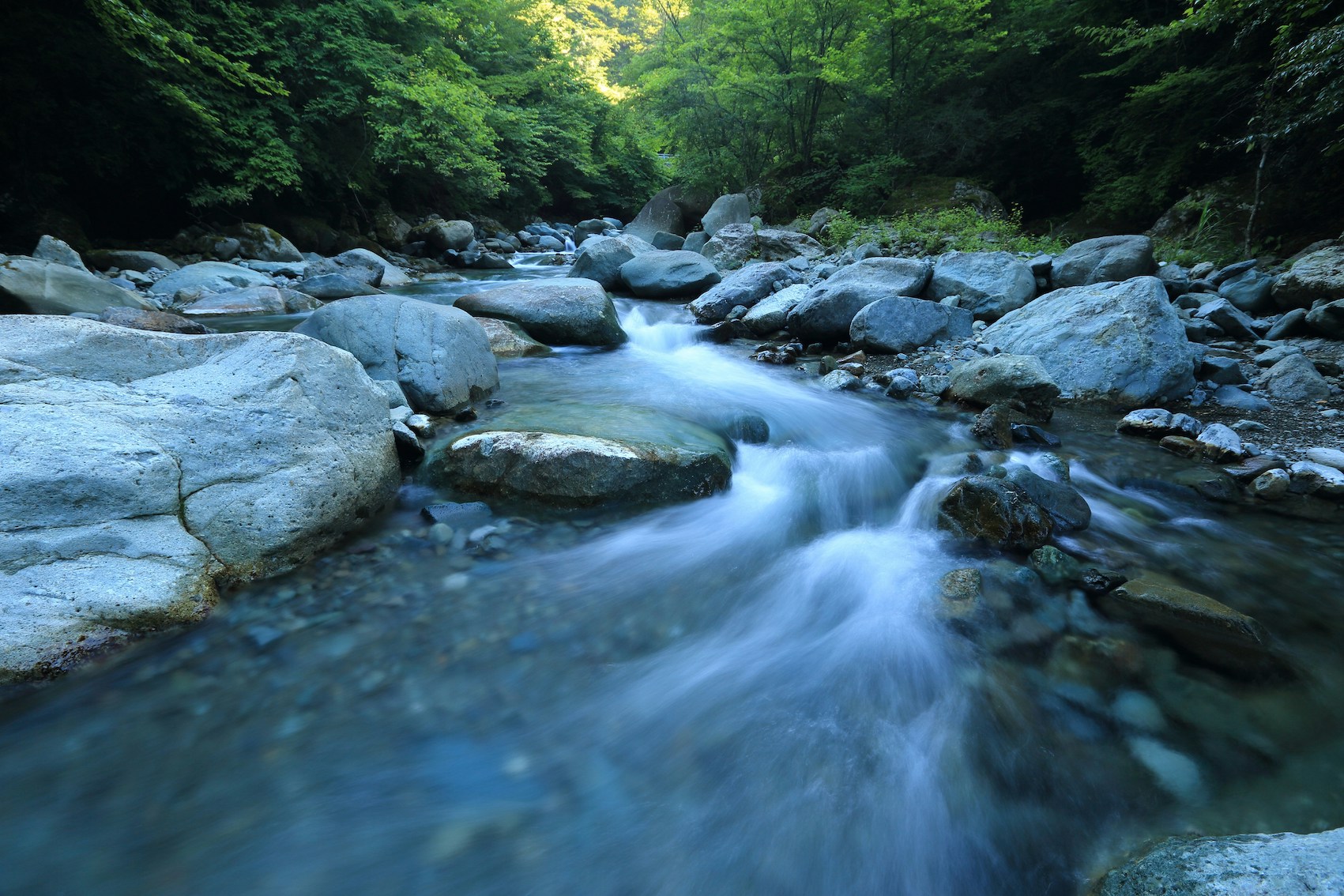Rivers Rising: The Rights of Nature Movement Gains Ground in the UK (and lots of other places too!)
A quiet revolution is unfolding along the banks of Britain’s rivers. From Hampshire to Sussex and beyond, communities and local authorities are beginning to imagine rivers not simply as natural resources to be managed, but as living entities—beings with intrinsic value and rights of their own. It’s part of a broader shift in how we […]
A quiet revolution is unfolding along the banks of Britain’s rivers.
From Hampshire to Sussex and beyond, communities and local authorities are beginning to imagine rivers not simply as natural resources to be managed, but as living entities—beings with intrinsic value and rights of their own. It’s part of a broader shift in how we relate to the more-than-human world, and momentum is building.
In spring 2025, Basingstoke & Deane Borough Council in Hampshire recognised the legal rights of several rivers, including the globally rare chalk streams of the River Loddon. These rivers are now understood to have the right to flow, to be free from pollution, to support native biodiversity, and to be restored when damaged.
This follows the earlier move by Lewes District Council in Sussex, which formally endorsed a Charter for the Rights of the River Ouse—the first of its kind in England. The charter was developed through a community-led process and lays out a values-based framework for protecting and restoring the river.
Elsewhere, conversations and campaigns are gathering pace. In Scotland, advocates are calling for the River Clyde to be granted legal personhood. In Cambridgeshire, people are mobilising to secure greater recognition and protection for the River Cam. Similar efforts are emerging around the River Frome in Somerset and the River Findhorn in northern Scotland.
These developments are part of a growing international movement to recognise nature as a rights-bearing entity. In Europe, the City of Paris announced plans in June 2025 to grant legal personhood to the River Seine, building on recommendations from a citizens’ convention that concluded the river should have “the right to exist, to flow, and to regenerate.” A bill is being tabled in Parliament to formalise this proposal—another sign that the Rights of Nature movement is gaining legitimacy across the continent. Similar advances have been made in Spain, where the Mar Menor lagoon was granted personhood status in 2022. Further afield, legal personhood has already been granted to the Whanganui River in Aotearoa New Zealand, the Magpie River in Canada, and to entire ecosystems under Ecuador’s constitution. Local authorities and Indigenous groups across the world are working together to explore and implement similar models of ecological stewardship.
At I Stand Beside, we see this as part of a wider shift in how people across the world are relating to rivers, forests, and other more-than-human beings—not as property or scenery, but as part of our shared community of life.
We’re working to support this shift by helping people form meaningful, creative, and grounded relationships with the species and ecosystems they care about. Through our platform, immersive experiences, and Interspecies Assemblies, we aim to nurture forms of connection that can complement and inform emerging legal and cultural movements.
The rivers are rising—not just in flood, but in voice.
And we stand beside them.
Sources:
- Hampshire rivers granted legal rights – Hampshire & Isle of Wight Wildlife Trust
- River Ouse Rights Charter – International Bar Association & Hogan Lovells
- Paris seeks legal personhood for the River Seine – Euronews Green, June 2025
- River Clyde campaign – The Times
- River Cam and Robert Macfarlane – The Times
- Spain grants personhood to Mar Menor – The Guardian
- Rights of Nature Timeline – CELDF
- Whanganui River legal personhood – The Guardian
- Faith in Nature campaigns
